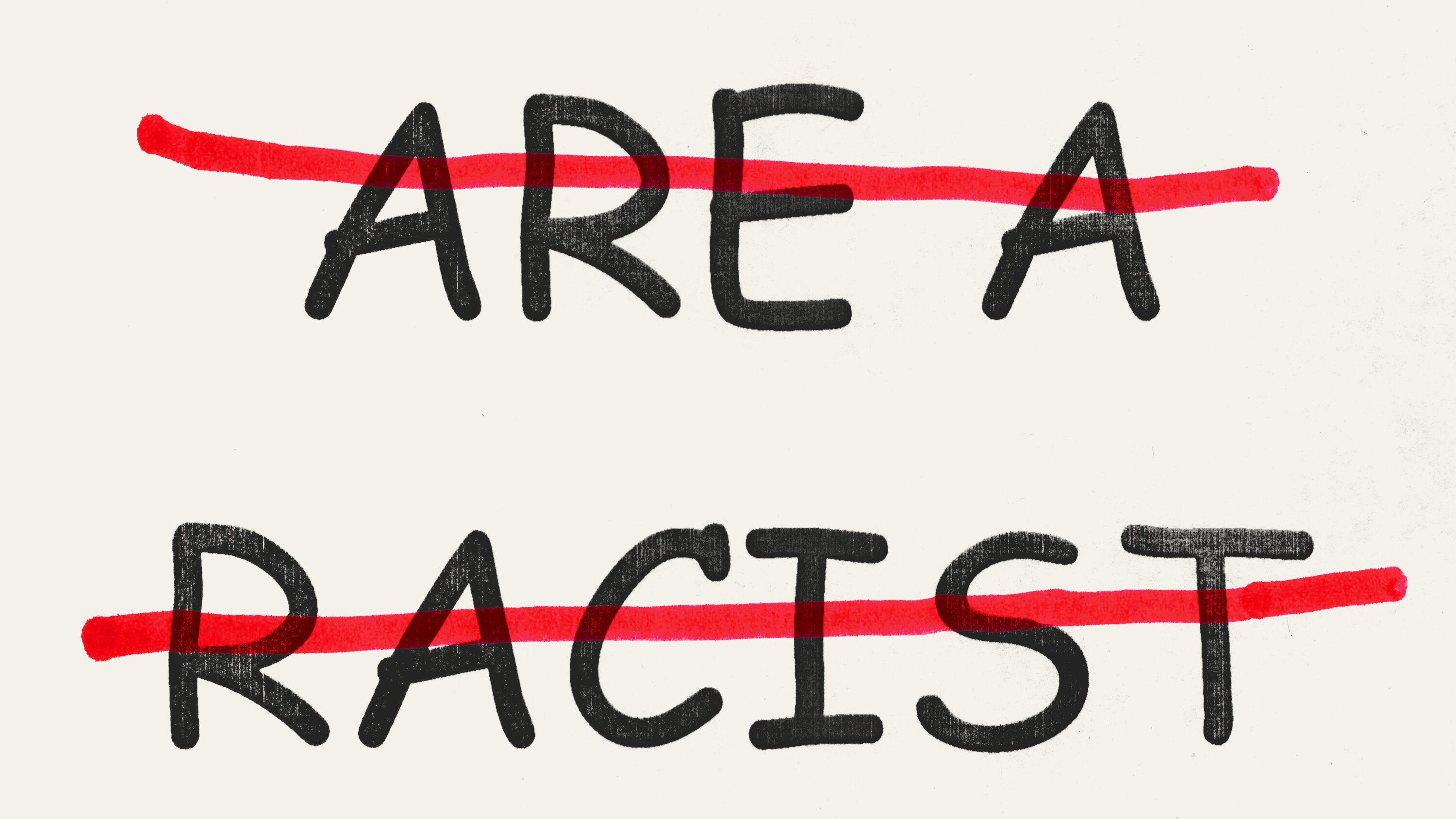

Unraveling The Humor Behind The Best Racist Jokes
Humor can be a double-edged sword, often serving as a tool for both laughter and reflection. Among various forms of humor, racist jokes have historically sparked controversy and debate. While some may argue that these jokes can break the ice or foster camaraderie, others see them as harmful relics of a prejudiced past. In this article, we aim to explore the complex nature of racist humor, specifically focusing on the "best racist jokes" that have made their way into popular culture. Are these jokes merely a reflection of societal attitudes, or do they perpetuate harmful stereotypes?
In a world that is becoming increasingly aware of social justice and equality, the context surrounding humor is more critical than ever. The "best racist jokes" often tread a fine line between comedy and insensitivity, making it essential for us to analyze their implications. This article will delve into the origins, different types, and the impact of racist jokes while considering their place in modern society. Are we to laugh or to learn from them?
Whether you find yourself chuckling at a punchline or cringing at a poorly timed quip, understanding the historical and cultural context of racist jokes can lead to a deeper appreciation of humor as a social commentary. Let's embark on this journey to unpack the layers of the "best racist jokes" and what they reveal about our collective consciousness.
What Are Racist Jokes?
Racist jokes are forms of humor that typically rely on stereotypes, prejudices, or caricatures of certain racial or ethnic groups. This genre of humor often plays on social norms and cultural references, making them relatable to some audiences while alienating others. While some may find these jokes funny, they can also perpetuate harmful stereotypes and reinforce negative attitudes towards marginalized communities.
Why Do People Tell Racist Jokes?
People may tell racist jokes for various reasons, including:
- Social bonding: Some individuals believe that sharing a laugh, even at the expense of others, can create a sense of camaraderie.
- Ignorance: Many people may not fully understand the implications of their jokes or the historical context behind them.
- Shock value: For some, the audacity of racist jokes may be perceived as a form of rebellion against social norms.
- Cultural commentary: Others might use these jokes as a way to critique societal issues, albeit in a problematic manner.
Who Are the Famous Personalities Associated with Racist Jokes?
Several comedians and public figures have been associated with racist jokes over the years. They often walk a fine line between humor and insensitivity, raising questions about intent and impact. Some of these personalities include:
- Dave Chappelle
- Ricky Gervais
- Jeff Dunham
- Chris Rock
Have There Been Positive Outcomes from Racist Jokes?
While it may seem counterintuitive, some argue that racist jokes can lead to positive discussions about race and prejudice. By exposing the absurdity of stereotypes, they can encourage audiences to question their preconceived notions. However, this is highly dependent on the context in which the joke is told and the intent behind it.
What Are the Best Racist Jokes in Pop Culture?
The following are some examples of the "best racist jokes" that have made headlines or gained notoriety in popular culture:
- “I’m not saying I’m a bad driver, but when I go to a parking lot, the ‘watch for children’ signs are only a suggestion.”
- “I told my friend 10 jokes to get him to laugh. Sadly, no pun in ten did.”
- “They say laughter is the best medicine. I guess that’s why we have so many doctors who tell racist jokes.”
What Are the Consequences of Telling Racist Jokes?
While some may find enjoyment in telling or listening to racist jokes, there are significant consequences to consider:
- Normalization of prejudice: Telling racist jokes can reinforce harmful stereotypes and normalize discriminatory attitudes.
- Social alienation: Individuals who tell such jokes often risk alienating friends, colleagues, and communities.
- Legal repercussions: In some workplaces or social settings, telling racist jokes can lead to disciplinary action or even legal consequences.
How Can We Use Humor Responsibly?
To navigate the complex territory of humor, especially when it comes to the "best racist jokes," it's essential to adopt a responsible approach:
- Know your audience: Understanding who you're talking to can help you gauge the appropriateness of your humor.
- Be self-aware: Reflect on the impact of your words and consider how they might be received by others.
- Aim for inclusivity: Choose humor that brings people together rather than dividing them.
Conclusion: Can Humor Help Us Heal?
In conclusion, the discussion around the "best racist jokes" is complex and multifaceted. While humor can serve as a means of coping with societal issues, it can also perpetuate harmful stereotypes and divisions. By understanding the context and implications of these jokes, we can strive to foster a more inclusive environment where laughter unites rather than divides. Ultimately, the goal should be to use humor as a tool for healing and understanding, rather than a weapon of division.
Is Elton John An American Citizen? A Deep Dive Into His Nationality
Unraveling The Enigma Of Mary Burke's Age
Unraveling The Mystery Of Ree Marie Leaked: What You Need To Know


